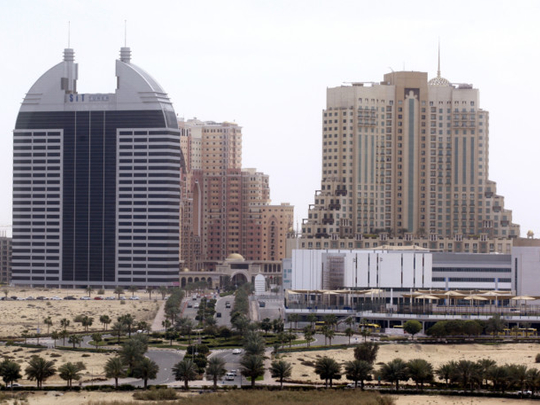
Dubai: Today’s property buyers, especially the end-users among them, in Dubai are more likely to go in for a ‘value’ location than put their funds in the established communities which are already at the top end of their pricing bands.
This shift towards value buying is being reflected in the latest transactional data for the city’s freehold clusters — Silicon Oasis, Sports City and Jumeirah Village are recording sizeable activity for both buying and leasing, and so are the more mid-tier residential locations in Dubailand (the Residences and the low-rise Arjan).
Motor City, where the developer Union Properties is adding a new cluster, is another location building up quite nicely into a desirable investor choice.
Knight Frank has released a new report which indicates that buyers are going “mainstream”. While properties with price tags of Dh10 million and more saw a “relatively modest” increase of 6.3 per cent in asking values, mainstream locations saw average gains of 24 per cent during the second quarter.
The regulatory regime has also had a hand in the momentum shift. Current mortgage rules require any expatriate buyer looking to acquire a property valued at Dh5 million plus will need to raise a 35 per cent deposit. But for those units coming under the Dh5 million threshold, the down payment is limited to 25 per cent, according to Victoria Garrett, Knight Frank’s Associate Partner — Residential.
For those who are not ready cash buyers, this requirement offers a compelling reason to seek value purchases. Apart from the higher deposit, the buyer also has to have spare cash for the registration and transaction fees.
Moreover, given that rents in the city are still firming up — to varying degrees depending on the location — yields on mainstream homes look “relatively attractive” to investors compared with those on upscale ones. (Market sources reckon it is unlikely that established locations will see sharp surges in property values in the near term. Those attempts at asking for more found few takers in the first quarter of the year and have since subsided to more realistic levels.)
It is clear that Dubai’s established communities have more or less seen the upper limits of the upturn that started in earnest in 2012. So, the onus is on the upcoming locations with sizeable completed properties to offer investors the leeway to improve their margins.
“There’s a lot of bulk-buyer activity taking place in the mid-tier locations,” said Niraj Masand, Partner at Banke M. E. “And these transactions are being concluded at rates at a discount to the prevailing market rate. Most of these buyers will be there through to the completion of the projects, This means there is less chance of a sudden spike in property values unlike in a situation where speculators are involved.”











